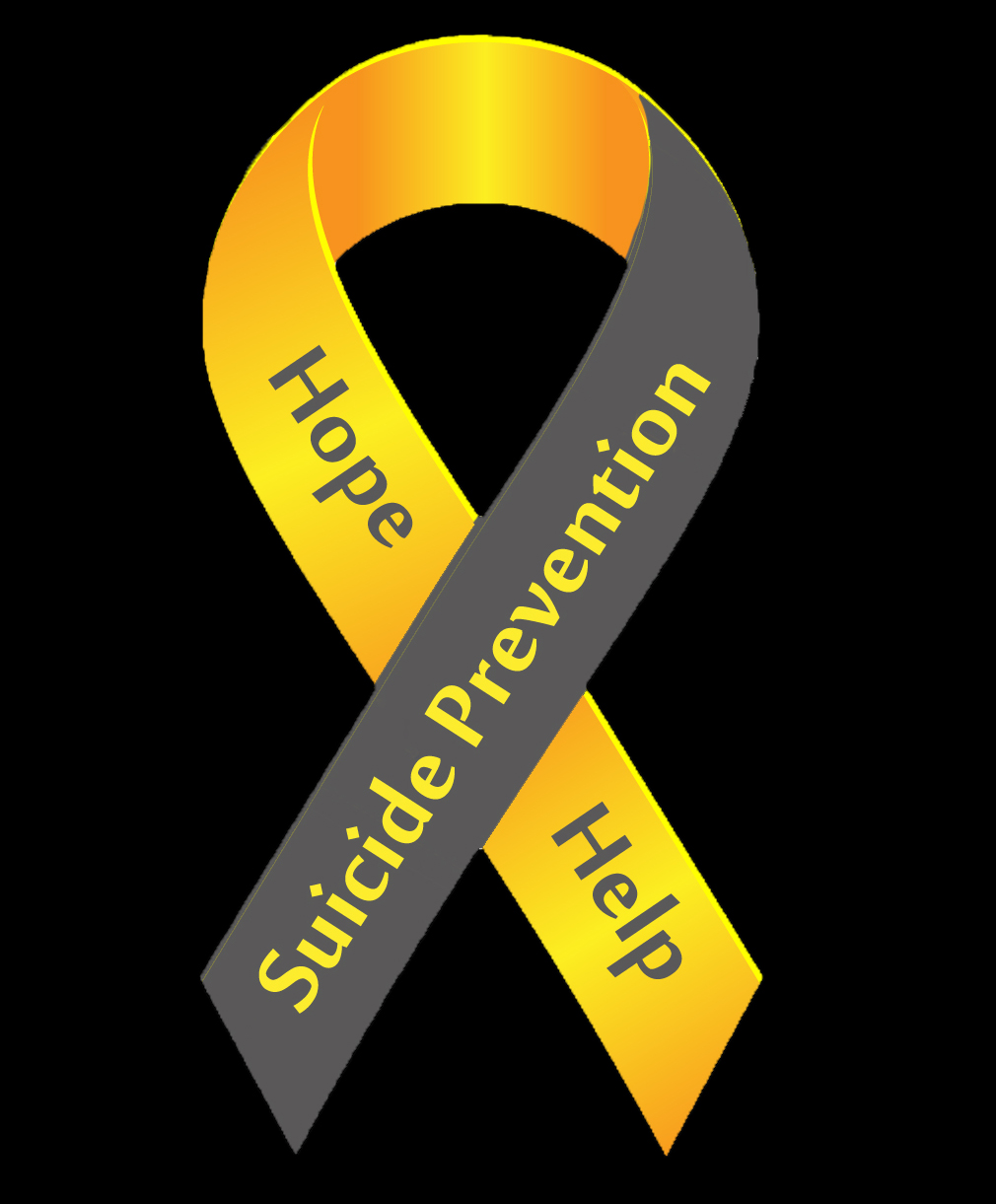There is Help! Don’t Lose Hope!
In light of the recent tragedies in my hometown, I wrote this article for the local newspaper. I am not sure if it was ever published, so I thought I’d share it on my website.

Individuals who have lost a loved one to suicide are at an increased risk of suicide themselves. One study reports that people bereaved by suicide (Survivors of Suicide, aka SOS) within the past year were 1.6 times more likely to struggle with suicidal ideation, 2.9 times more likely to create a suicidal plan, and 3.7 times more likely to have made a suicide attempt than the general population (Crosby & Sacks, 2002). Based on the findings, an estimated at least 10% (73,000) of yearly suicide attempts may be due to the suicidal loss of a loved one.
Why? While we can’t answer that definitively, I believe it is because once you’ve experienced a suicidal loss, the option is on the table. Prior to the loss, suicide may not be in your immediate thoughts. You might consider it as taboo or as something “I’d never consider.” For some reason, when someone we love completes suicide, what was once taboo and unthinkable has become very real and intimately personal.
Because survivors of suicide have a greater risk of attempting, it is vital that we obtain the support we need from others. I work with a support group for people who have lost loved ones to suicide; many feel embarrassed to talk to their family and friends about what happened, fearing that somehow they might be blamed for the suicide. Others feel guilty, wondering how they missed possible warning signs. I’ve been there. I lost my first husband to suicide, and I can tell you that you can drive yourself crazy with all the “What ifs.” Unfortunately, those who die by suicide are in such pain that the only escape they see is in the moment is death.
I recommend attending a SOS Group in your area (a list of groups in Georgia may be found at www.gspin.org/SOSGroupsInGeorgia). These groups are designed for people 18 and older who have experienced suicidal loss. The group is free and connects you with others who faced similar loss. The healing that comes from these groups is phenomenal. There is just something about talking with others who “get it.” Other survivors have experienced the guilt, the shame, the heartache, and the anger associated with suicidal loss. We’ve heard well-meaning people say things that should never be spoken to another. We grieve deeply. We long for answers. We value the community we find in each other.
I want to share with anyone reading this who might be contemplating suicide. Many say that suicide is a permanent solution for temporary pain. I want to add to that; while it may feel like ending your life is the only way to end the pain, the pain doesn’t stop after the suicide. The pain is transferred to your loved ones for years to come. Don’t believe the lie that your loved ones will be better off without you. Leaving them only changes the content of their pain. Talk to someone about your hurts. You can call the Georgia Crisis and Access Line 24 hours a day 7 days a week at 1-800-715-4225 or contact help using the My GCAL app.
You are not alone. There is help available.
Written by Natalie Ford, PhD, LPC, CPCE
Assistant Professor, Truett McConnell University
